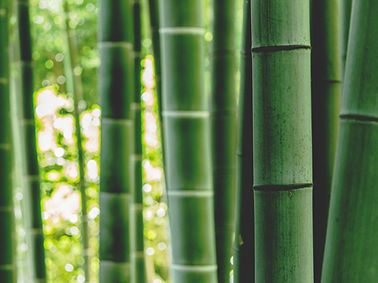
Bamboo Project
As we grapple with climate change, the need for sustainable building materials becomes ever more critical. In this arena, bamboo emerges as a shining star. Compared to traditional materials like cement, steel, and brick, bamboo boasts a significantly lower environmental footprint during production. Additionally, bamboo's rapid growth and inherent properties make it ideal for construction purposes.
The Allure of Sustainability

Bamboo is a champion of sustainability. This fast-growing grass requires minimal resources to thrive. Unlike many crops, it doesn't need fertilizers and has the remarkable ability to regenerate from its own roots, eliminating the need for replanting. This stands in stark contrast to cotton cultivation, which demands significant water, pesticides, and labor. By opting for bamboo, we can significantly reduce our environmental impact.
Beyond Sustainability: A Boon for the Environment
The benefits of bamboo extend far beyond sustainability. Its very presence contributes to a healthier planet. Bamboo plants act as natural carbon sinks, absorbing up to 35% of carbon dioxide in the atmosphere and releasing life-giving oxygen. Additionally, bamboo's strong root system acts as a formidable barrier against erosion, preventing soil from washing away. This makes it a valuable tool for protecting crops and villages in developing nations.

A Natural Choice for a Brighter Future

Bamboo's impressive strength, eco-friendliness, water resistance, and affordability make it a superior choice over traditional wood planks. Beyond these benefits, bamboo plays a crucial role in soil protection and improves air quality. When considering building materials, choosing bamboo is a conscious decision to invest in a more sustainable future for ourselves and generations to come.

